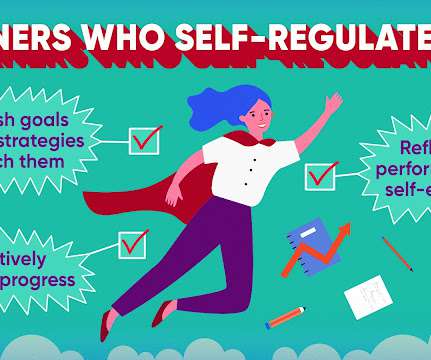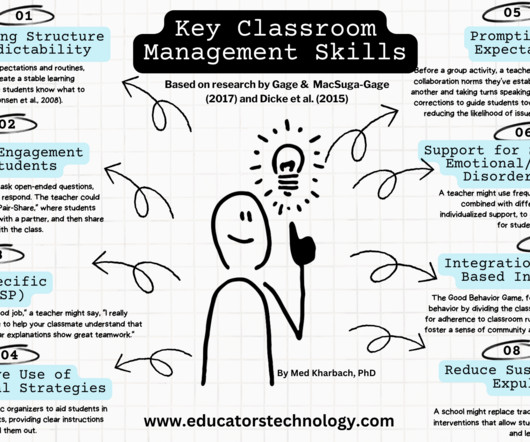Self-Regulation in the Personalized Classroom
A Principal's Reflections
JANUARY 8, 2023
A large body of empirical evidence suggests that self-regulated learners are more effective, confident, resourceful, and persistent in learning (Pintrich, 1995; Schunk & Zimmerman, 1994; Winne & Hadwin, 1998; Zimmerman & Campillo, 2003). Upper Saddle River, NJ: Pearson-Prentice Hall. Ormrod, J. Pintrich, P. Schunk, D.














Let's personalize your content